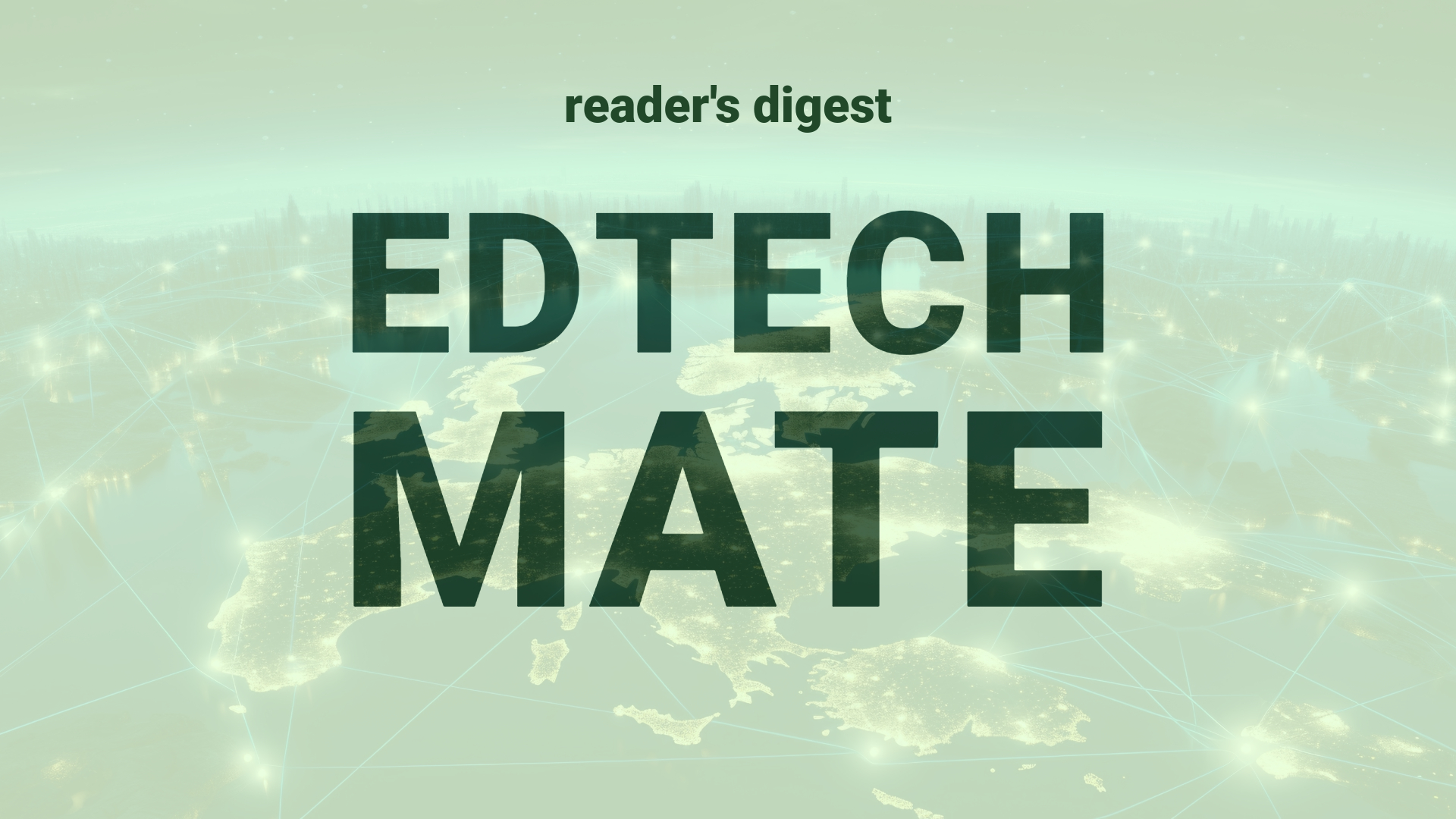Executive Summary and Main Points
In addressing key innovations and trends within the international education and digital transformation sector, Elon Musk’s recent activities provide insights into leadership, corporate governance, and technological developments that have broader implications. A controversial proposal regarding Musk’s performance-based pay package at Tesla—a company renowned for innovation and technological advancements—highlights issues of corporate governance, shareholder engagement, and the intersection of technology, leadership, and business ethics. Additionally, discussions at the annual shareholder meeting touch upon strategic corporate restructuring and significant technological promises in AI, robotaxis, and robotics that Musk believes will shape the future.
Potential Impact in the Education Sector
The governance challenges faced by Tesla, including the scrutiny of Musk’s compensation package and shareholder decisions, shed light on the importance of transparency and independence within Further and Higher Education governance structures. Musk’s vision to aggressively pursue artificial intelligence and robotics could spur institutions to seek partnerships with tech companies, enhancing the curriculum through practical AI applications and research collaborations. The advent of AI and its application in transport also underscores the value of Micro-credentials in quickly updating and providing relevant skills for emerging technologies in the workplace.
Potential Applicability in the Education Sector
Musk’s emphasis on artificial intelligence, robotaxis, and robotics mirrors the increasing interest in these areas within global education systems. AI can be leveraged to personalize learning, improve administrative efficiency, and facilitate remote education. Additionally, educational institutions could develop courses and training programs focused on the design, management, and ethical use of autonomous vehicles, which could be tailored to regions that are potential markets for these technologies.
Criticism and Potential Shortfalls
Musk’s approach has faced criticism regarding the timeline and feasibility of delivering on promises, such as fully autonomous vehicles—a cautionary tale for education leaders wary of overhyping emerging technology without concrete outcomes. International case studies, such as the adoption of AI and robotics in higher education in different cultural contexts, reveal disparities in implementation success. Ethical implications, including data privacy, algorithmic bias, and the displacement of jobs, are equally critical in an educational context and must be addressed to ensure responsible integration of new technologies.
Actionable Recommendations
Education leadership should consider practical measures such as forging strategic partnerships with technology firms to enhance experiential learning and incorporating AI literacy into the curriculum. Educators can learn from Tesla’s experience to foster a culture of innovation while upholding ethical and governance standards. Pilot projects for AI applications in campus operations can evaluate their effectiveness and scalability. Finally, global higher education systems should proactively develop guidelines and policies around the ethical use of AI, balancing innovation with accountability.
Source article: https://www.cnbc.com/2024/06/13/tesla-shareholder-vote-on-musk-pay-plan-wont-clear-legal-disputes.html

